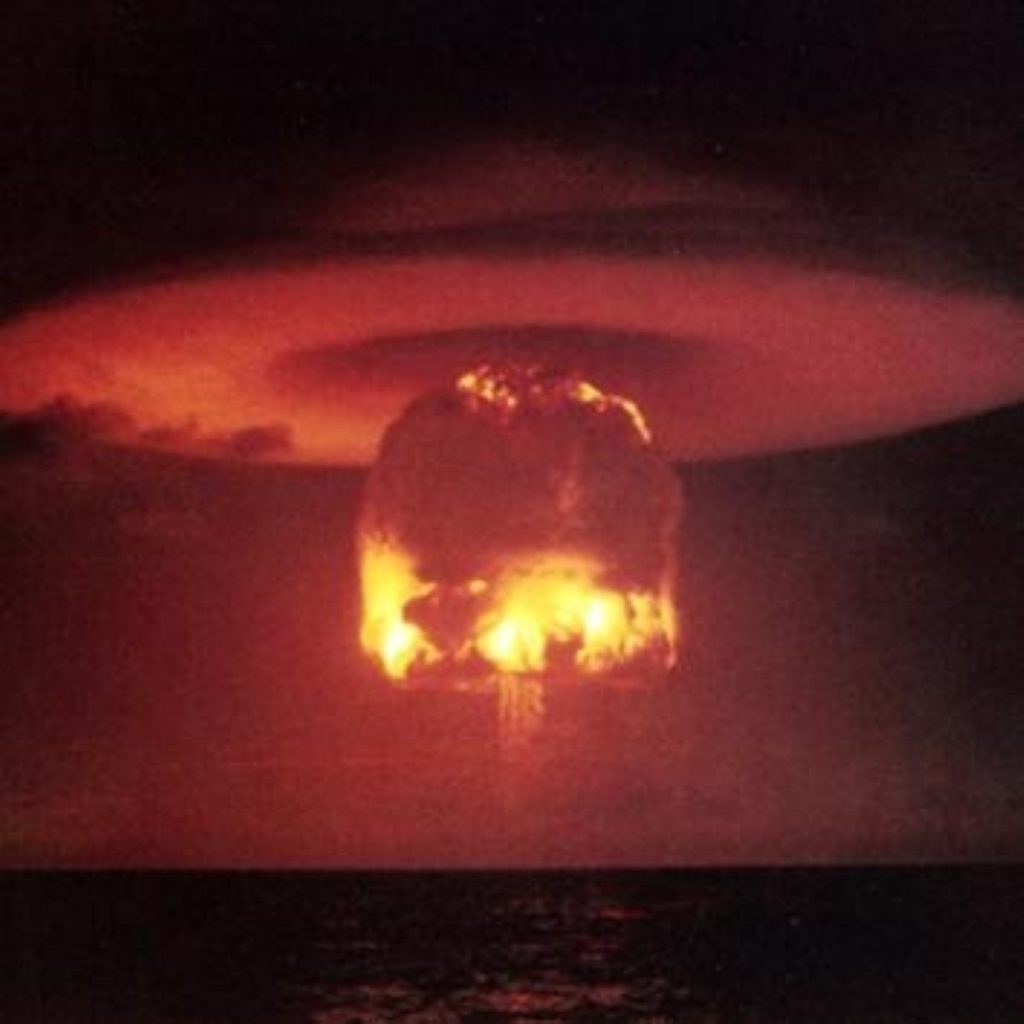UK nuclear tests left ‘disease timebomb’
UK nuclear tests conducted in the 1950s have left veterans and their children with a variety of congenital diseases, according to a backbench Tory MP.
John Baron conducted an adjournment debate in the Commons yesterday afternoon, where he voiced concerns the government was “backsliding” on its commitment to investigate the issue.
Those concerns have now been lessened, after veterans minister Kevan Jones agreed to consult experts on the best way to design and develop a possible research programme.
The concession marks a significant victory for Mr Baron, whose debate last night prompted the rethink.


A recent report conducted by Dr Chris Busby for the British Nuclear Tests Veterans Association (BNTVA) found higher levels of miscarriage, still birth and infant mortality among the families of those who helped conduct the tests.
“I feel the whole issue needs to be given another shove,” Mr Baron told politics.co.uk before the debate.
“Other countries are moving ahead with system of redress for veterans – New Zealand and Canada for instance. In the US there’s presumptive compensation, where if you have one of 20 odd cancers and you were at tests you automatically receive compensation.
“Britain’s lagging behind and may even be backsliding,” he said.
Activists were concerned that early assurances from the government could be about to fall by the wayside.
Mr Baron held a meeting with the prime minister on the issue, in which Gordon Brown “wanted to know particular facts and figures and then referred us to Derek Twigg”, former minister for veterans.
Mr Twigg was shown the New Zealand Rowlands study into the effects of the tests, and “gave the impression” that if it was peer reviewed it could be replicated in the UK.
But once it had been, signs emerged the government may be changing its mind.
“Correspondence suggested they may be reconsidering their position,” Mr Baron said.
The government carried out several nuclear tests in the Pacific Ocean and at Maralinga, Australia between 1952 and 1967, involving over 20,000 servicemen.
Among these were the ‘Grapple Y’ and Grapple Z’ detonations on Christmas island, involving weapons far more powerful than those used to on Hiroshima and Nagasaki.
Of 2,500 men surveyed in 1999, 30 per cent had died, mostly in their 50s. More than 100 veterans children reported reproductive difficulties.
Many children and grandchildren of servicemen have experienced a range of problems including holes in the heart, deafness, reproductive difficulties, missing or excess teeth, deformity and early death.

